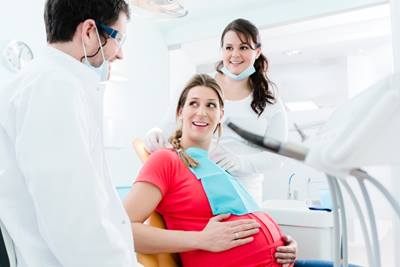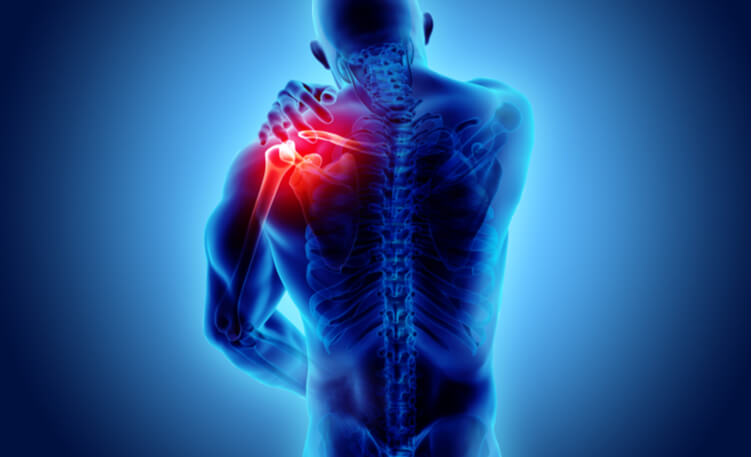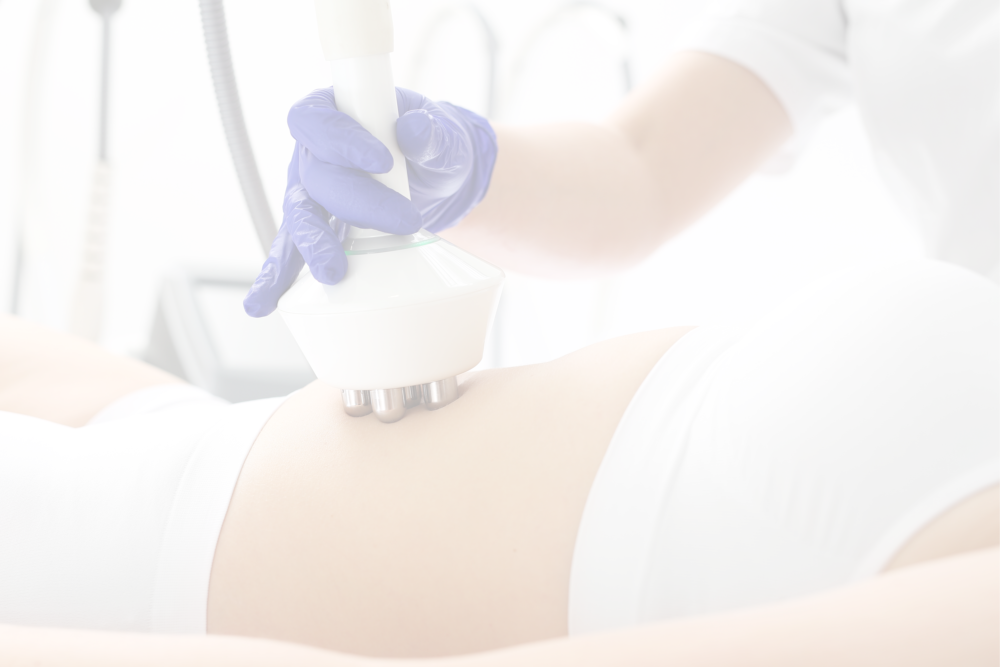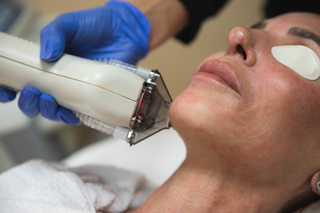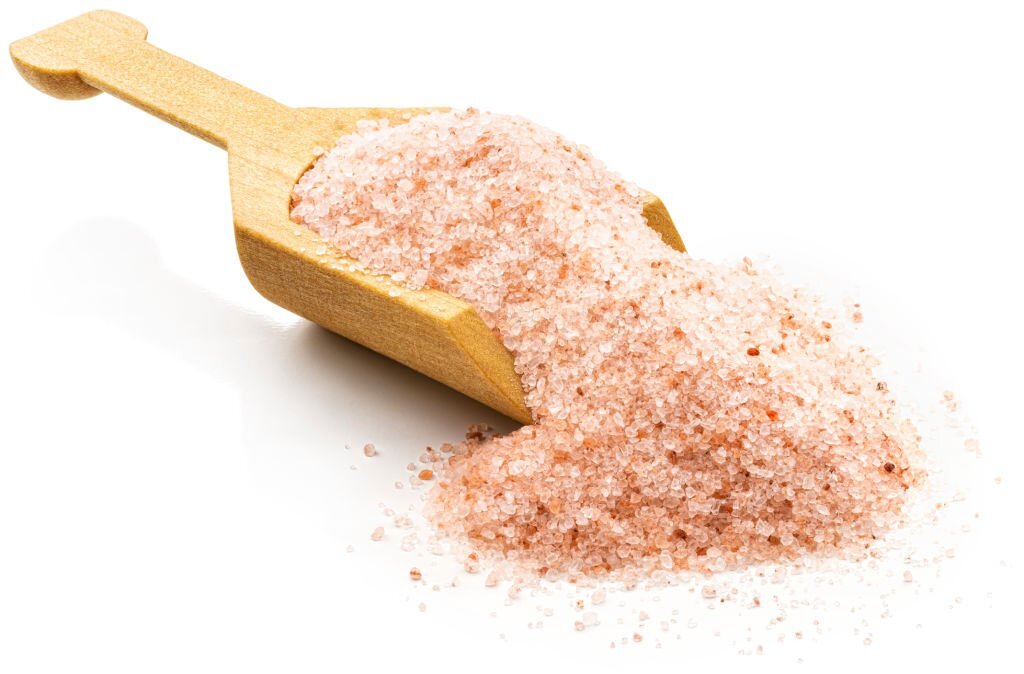A dentist’s job is to protect and promote the health of their patients’ teeth, but that can be difficult when one of their patients becomes pregnant. Since many women do not learn about these pregnancy dental issues until after they become pregnant, it’s important that dentists inform their patients about any risks as soon as possible. Here are some of the most common pregnancy dental issues in case you were wondering how pregnancy affects your teeth.
5 dental concerns during pregnancy
The good news is that all of these dental issues are treatable. But, it’s important to note that your teeth and gums will be more vulnerable during pregnancy, so make sure you have regular checkups with your dentist. You can also help protect your teeth by eating a healthy diet, brushing and flossing daily, and avoiding snacks high in sugar.
Gingivitis
The first and most common pregnancy dental issue is gingivitis. When your hormones go haywire, your immune system becomes compromised, which cause plaque to build up around your tooth. An infected tooth can also cause infection in nearby tissue, making an unpleasant situation even worse. While you’re likely to experience some amount of gingivitis during pregnancy, avoiding it altogether is possible if you keep up with good oral hygiene techniques and schedule regular visits to a qualified dentist.
Bruxism
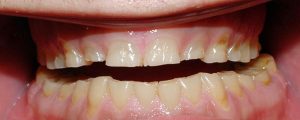
The term bruxism comes from a Greek word meaning to gnash or to grind. It refers to clenching or grinding your teeth, usually without realizing it, which can lead to problems with your teeth and jaw. Common signs that you’re suffering from bruxism include jaw pain, muscle fatigue in your face and neck, earaches and difficulty swallowing. Sleep apnea is also a common result of untreated or severe cases of bruxism. Since pregnant women are more likely to develop sleep apnea than those who aren’t pregnant, being treated for dental issues related to bruxism is even more important during pregnancy.
Tooth Decay
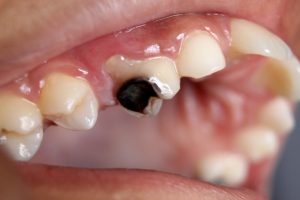
During pregnancy, hormone fluctuations can cause a shift in oral pH levels. This is especially true in women who are expecting their first child. These hormonal changes may cause pregnant woman to lose more teeth than usual. It’s recommended that expecting mothers brush twice daily with an ADA-approved fluoride toothpaste, and visit their dentist at least twice a year for cleanings and checkups.
Gum Diseases
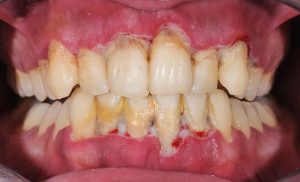
Research has found that a quarter of pregnant women suffer from gum disease. All it takes is a little plaque to form around your teeth, which leads to bacteria and oral infections. So it’s important to make sure you’re flossing daily, brushing twice a day, and getting regular dental checkups during pregnancy.
Saliva Changes
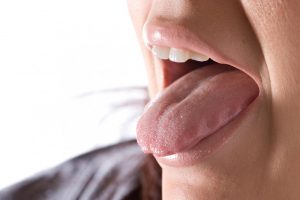
During pregnancy, hormones cause a surge in saliva production to help prevent cavities. This surplus of saliva is especially helpful while you’re sleeping because your mouth tends to dry out while you sleep. Saliva isn’t just made up of water—it also contains an enzyme called amylase that prevents bacteria from creating tooth decay. During pregnancy, amylase production increases, helping to prevent these unwanted microorganisms.
In addition to preventing any possible health issues down the road, visiting your dentist or dental hygienist while pregnant will also provide reassurance that everything is okay with both you and baby. It can be an extremely nerve-wracking time, but knowing there are no major problems will ease some of those worries.

